Iran pursuing its civilian nuclear program under IAEA supervision: FM spokesman
The spokesman for the Iranian Foreign Ministry has said that the country’s nuclear activities are “transparent” and remain under close supervision of the International Atomic Energy Agency (IAEA), reiterating the peaceful nature of the nuclear program.
Esmaeil Baghaei made the remarks on Saturday in response to IAEA Director General Rafael Grossi’s recent claims that Iran is rapidly intensifying its uranium enrichment activities, reaching up to 60% purity.
The Iranian diplomat stated that Grossi’s remarks on the sidelines of the Manama Dialogue conference in Bahrain are in reference to the “aggressive and unconstructive” approach adopted by the US, Britain, France, and Germany at the IAEA Board of Governors.
During the meeting, Baghaei said, these nations advocated for a resolution targeting Iran.
Baghaei also pointed to Grossi’s recent visit to Iran in mid-November, and the agreements signed between the Islamic Republic and the UN nuclear agency to strengthen technical cooperation.
“During his recent visit to Iran, Grossi proposed a series of initiatives, however, the US and the three European nations undermined his efforts by adopting a strategy of pressure and leveraging the IAEA’s Board of Governors,” the Iranian Foreign Ministry spokesman said.
Baghaei reaffirmed Iran’s commitment to transparency and adherence to international norms in its pursuit of a peaceful nuclear program.
Iran’s nuclear activities are conducted under the Treaty on the Non-Proliferation of Nuclear Weapons (NPT) and the Comprehensive Safeguards Agreement, under the supervision of the IAEA, Baghaei said.
“The IAEA has been notified about the Islamic Republic’s recent nuclear activities and they will remain under its constant supervision,” he stated.
IAEA’s Board of Governors on November 21 voted 19 to 3, with 12 abstentions, for a resolution, brought by Britain, France, and Germany (E3), that alleged Tehran had poor cooperation with the agency and requested a “comprehensive” report on its nuclear activities “at the latest” by spring 2025.
On November 27, the head of the Atomic Energy Organization of Iran (AEOI) said the country had started injecting uranium gas into its advanced centrifuges following a recent anti-Tehran resolution by the UN nuclear agency’s Board of Governors.
“We have started feeding gas into several thousand advanced centrifuges and put them into operation as part of plans aimed at the development of the nuclear program,” Mohammad Eslami told reporters on the sidelines of a weekly cabinet meeting.
He, however, stressed that the country’s peaceful nuclear program is transparent and under the supervision of the IAEA.
“The Islamic Republic of Iran has always shown that it favors interaction but it will never back down in the face of force, pressure, [and] illegal and unlawful conduct of the other side,” Eslami said.
In 2015, Iran proved the peaceful nature of its nuclear program to the world by signing the Joint Comprehensive Plan of Action (JCPOA) with six world powers.
However, Washington’s unilateral withdrawal in 2018 and its subsequent re-imposition of sanctions against Tehran left the future of the deal in limbo.
In 2019, Iran started to roll back the limits it had accepted under the JCPOA after the other parties failed to live up to their commitments.
As Iran, Russia conclude drill, ex-US Army officer warns of surprises
VIDEO | Press TV's news headlines
UN investigators: ‘Hallmarks of genocide’ found in Sudan’s El Fasher
UN rapporteur Albanese: Israel’s West Bank land grab 'will consolidate annexation'
Three Palestinians killed in Israeli raids on Gaza on first day of Ramadan
Hundreds of Dutch nationals served in Israeli military amid Gaza genocide
‘Playing with fire’: Russia sternly warns against any attack on Iran
VIDEO | Iran, Russia naval forces rescue hijacked ship in mock operation during naval drills


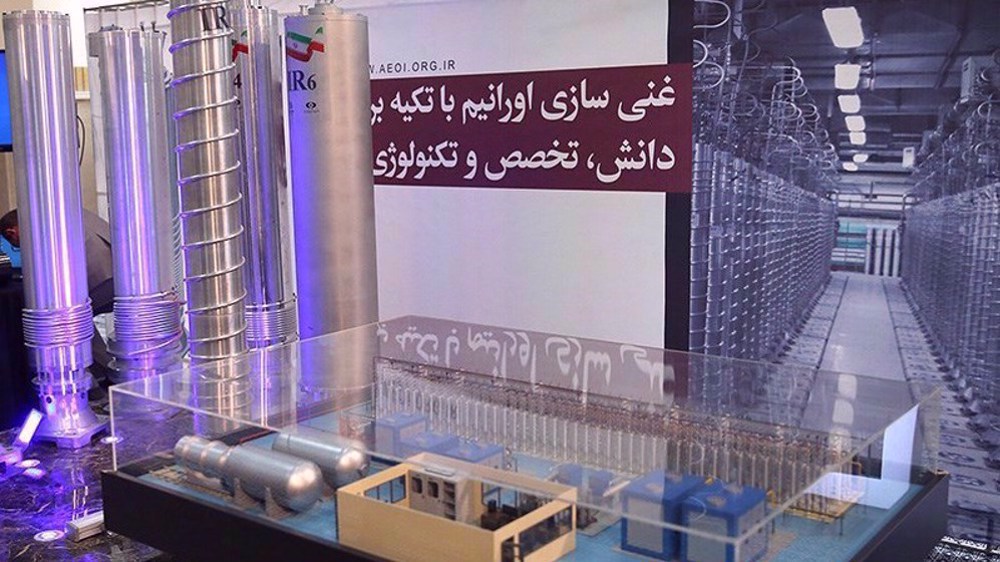
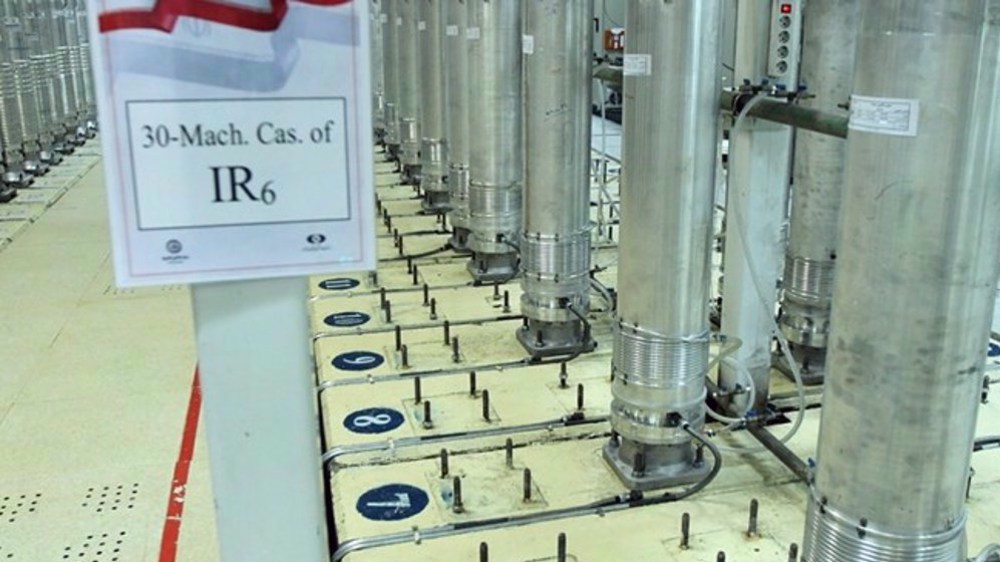
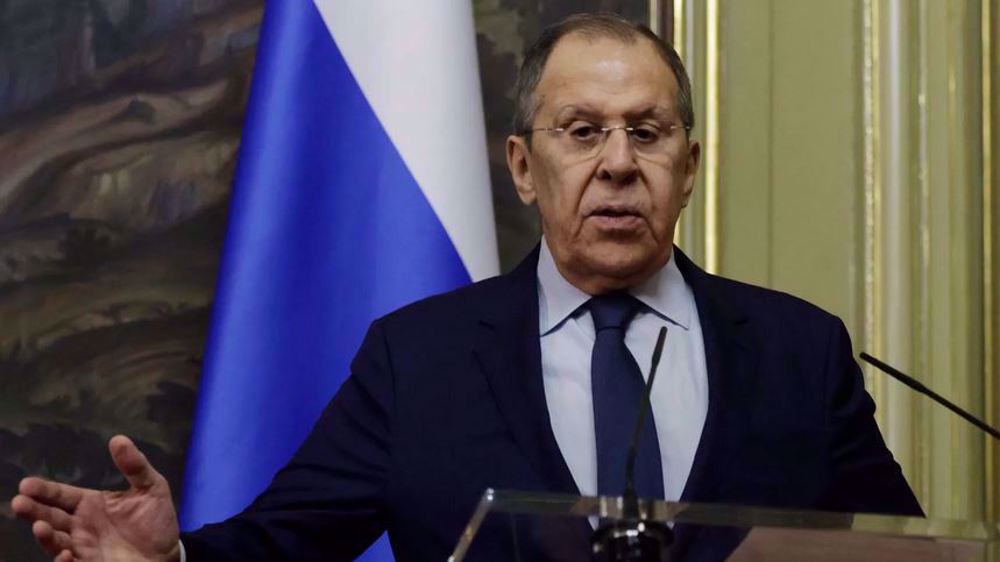
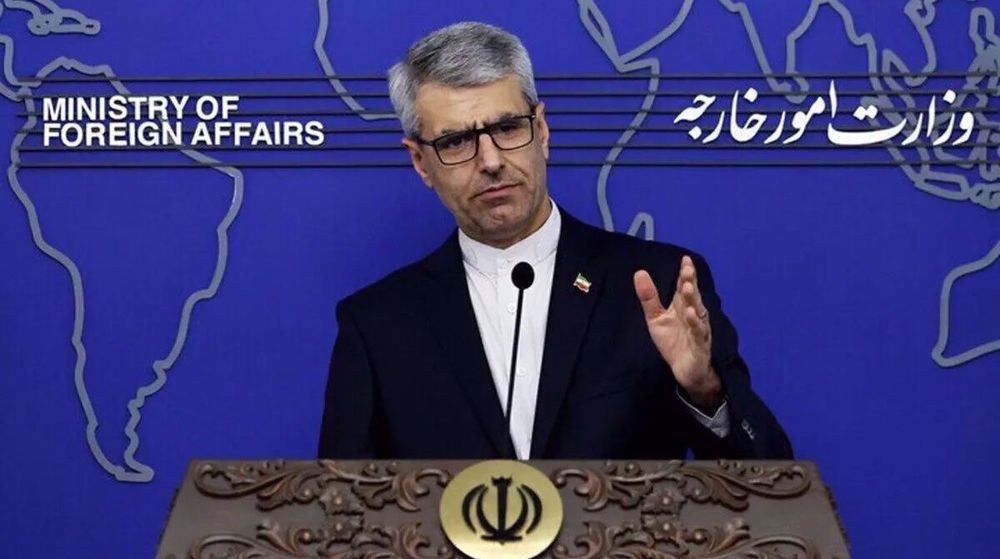
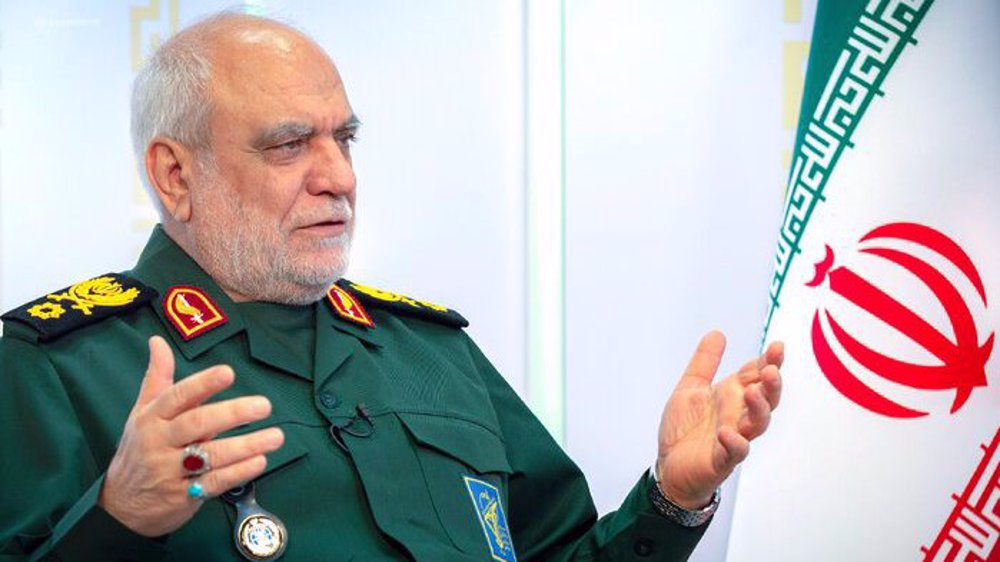



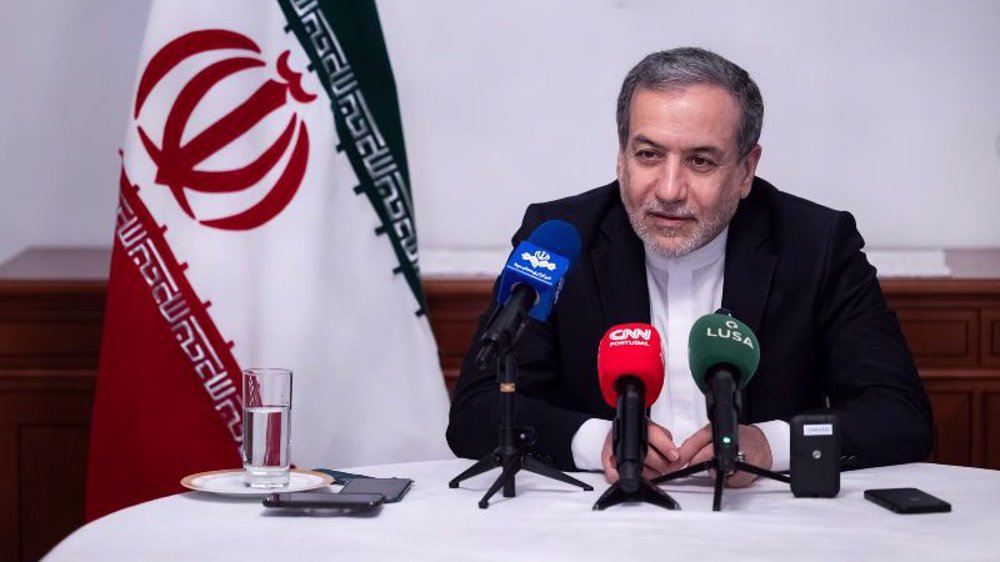
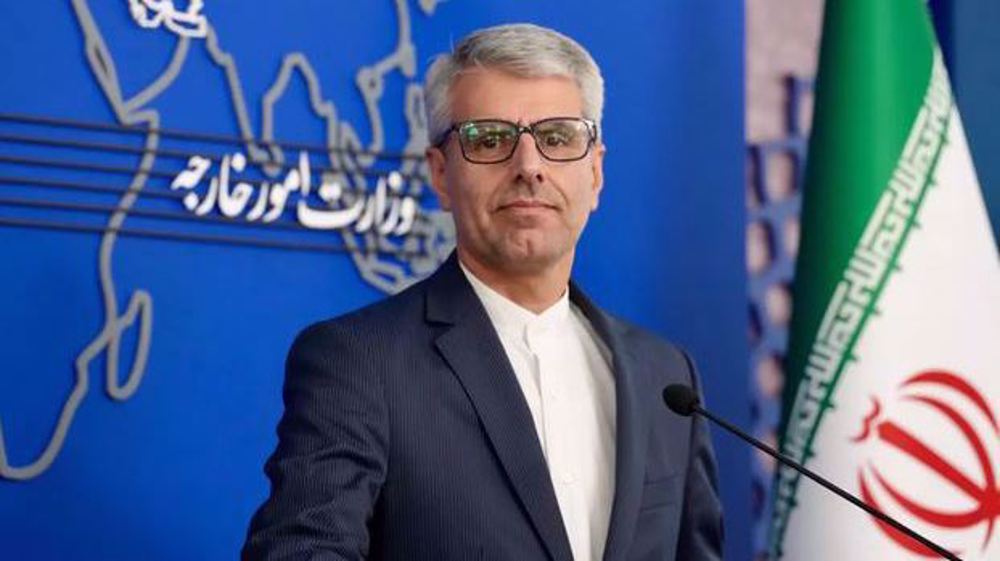
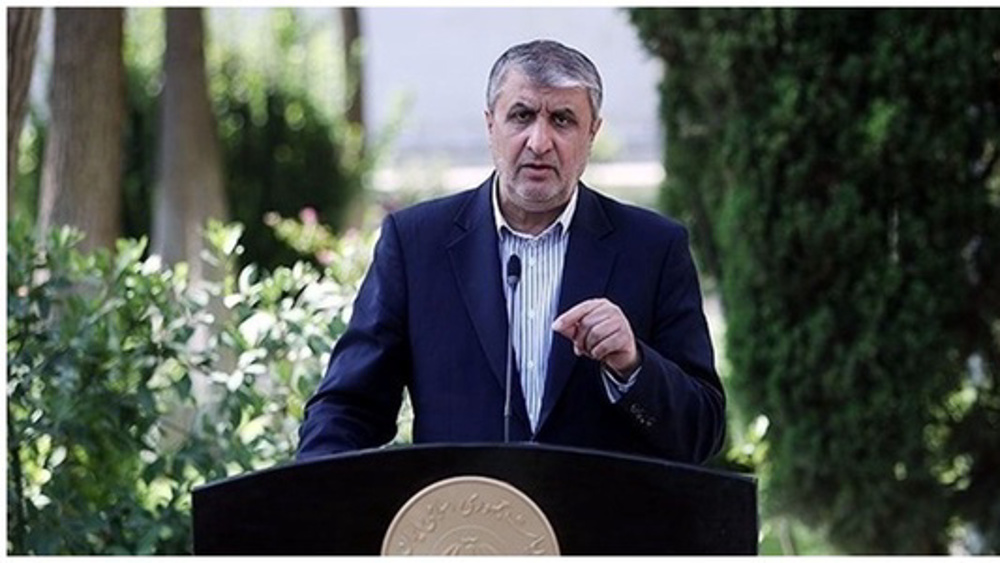
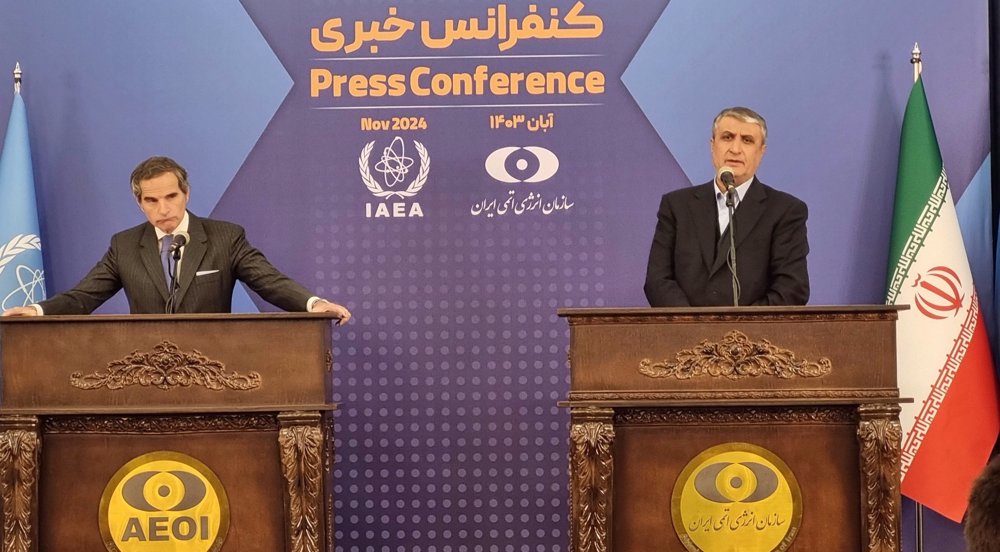
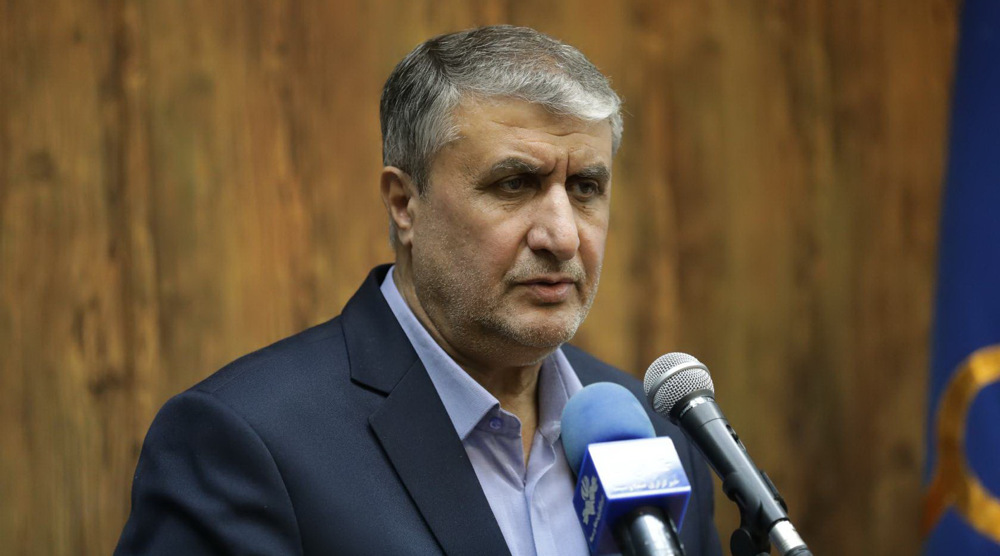
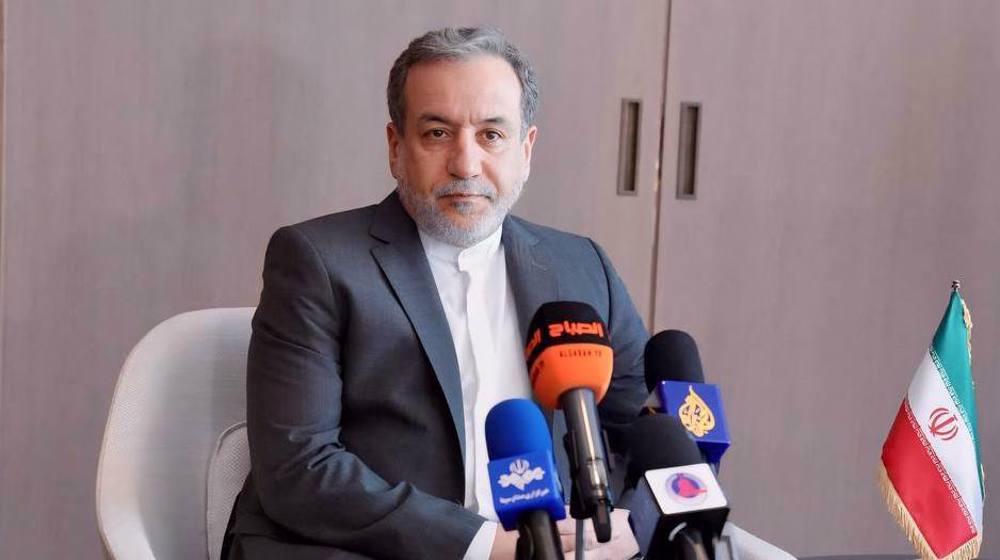
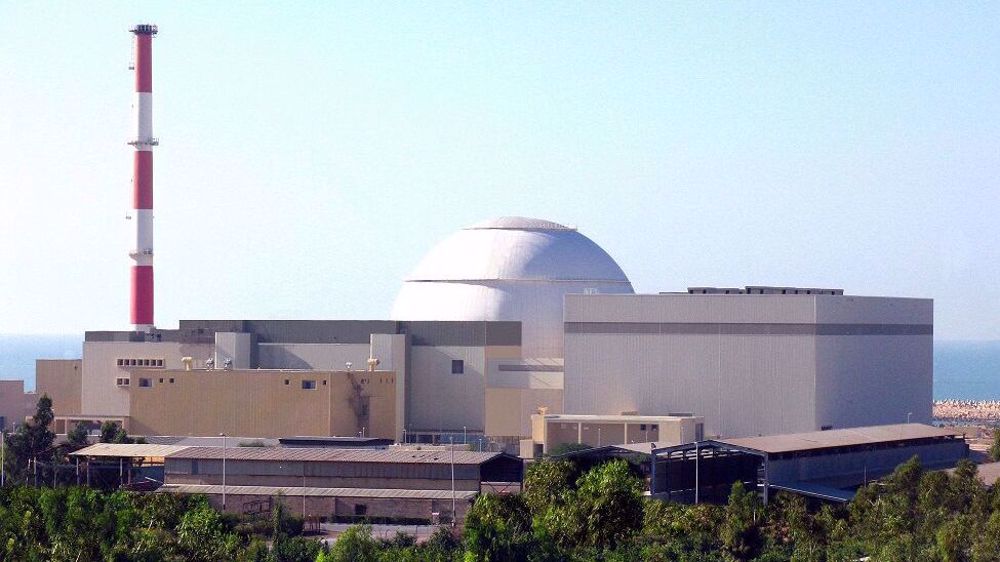

 This makes it easy to access the Press TV website
This makes it easy to access the Press TV website